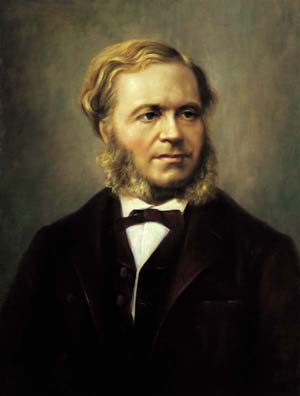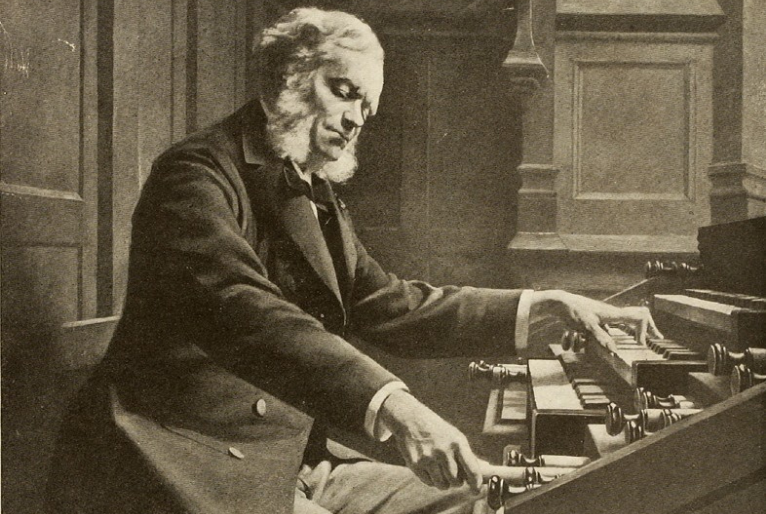César Franck, one of the most influential composers of the Romantic era, left an indelible mark on the world of classical music. Known for his rich harmonies and emotional depth, Franck’s life and work are filled with fascinating details that go beyond his compositions. Here are five intriguing curiosities about César Franck that shed light on his unique journey and legacy.
1. A Belgian by Birth, a French Icon by Choice
Although often associated with French music, César Franck was born in Liège, in what is now Belgium, on December 10, 1822. He later moved to Paris to study at the prestigious Paris Conservatoire, where he eventually spent most of his life. Franck even became a naturalized French citizen, fully immersing himself in the cultural and musical life of France. His blend of Belgian roots and French influences created a distinctive style that resonates in his works.
2. The Organ Was His True Voice
While Franck composed symphonies, chamber music, and choral works, he was first and foremost an organ virtuoso. Appointed as the organist at the Basilica of Sainte-Clotilde in Paris, he transformed the role into something almost mystical, thanks to the revolutionary Cavaillé-Coll organs. Franck’s improvisational skills were legendary, and he often mesmerized audiences with spontaneous performances that showcased his profound spirituality and technical mastery.
3. A Late Bloomer in Composition
Unlike many composers who produced their masterpieces in youth, Franck’s most significant works emerged in the final decade of his life. His Symphony in D minor, Violin Sonata in A major, and Symphonic Variations were all composed when he was in his 50s and 60s. This late creative bloom reflects his deepening maturity and the culmination of years of musical exploration, proving that artistic brilliance knows no age limit.
4. A Devoted Teacher and Mentor
Franck was not just a composer and performer; he was also a passionate teacher at the Paris Conservatoire. His students, including notable names like Vincent d’Indy, Ernest Chausson, and Henri Duparc, admired his dedication and called him “Père Franck” (Father Franck). He instilled in them a love for counterpoint, harmonic innovation, and the emotional power of music, influencing the next generation of French composers.
5. A Humble Man with a Monumental Legacy
Despite his enormous talent, Franck remained humble throughout his life. He was known for his gentle, kind demeanor and simple lifestyle, often walking long distances around Paris with his music scores tucked under his arm. After his death in 1890, Franck’s reputation grew significantly, and his works became staples in concert halls worldwide. His ability to fuse structural rigor with lyrical beauty continues to inspire musicians and audiences alike.
Final Thoughts
César Franck’s life is a testament to the power of perseverance, passion, and humility. His music, rich with emotional depth and spiritual resonance, remains a cornerstone of the Romantic repertoire. Through these curiosities, we get a glimpse into the man behind the masterpieces—an artist whose heart and soul continue to echo through the ages.


Comments are closed